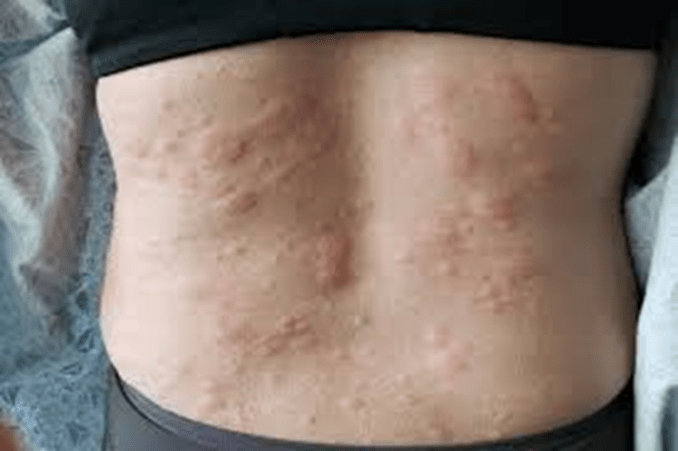This is the normal respiratory rate for adults
12-20
Name one way a PCT can assist the cardiovascular health of a patient.
Encourage non smoking
Encourage/assist ambulation
Promote low fat low cholesterol diet
Name one respiratory symptom that should be reported to the nurse.
New/worse cough
Wheezing (adventitious breath sounds)
Chest pain/discomfort
Shortness of breath (new/worse)
Tachypnea
Fatigue
Cyanosis
Dizziness/Disorientation/Altered Mental Status
Patients with gluten intolerance or allergy should avoid foods that contain this.
Wheat, barley, rye
Name one cardiac risk that increases with age.
Heart attack, hypertension, blood clots, strokes
This is how you get an accurate O2Sat on a patient whose nails look like this:

Remove the nail polish first
This intervention that will help with digestion is not good for a patient with heart failure.
Name one immune system symptom that should be reported to the nurse.
Signs of infection
Low/High Temp
Chills
Fatigue
Weakness
Decreased mobility/cognition
An 8oz cup of coffee is this much intake in mL.
240mL
Name one digestive system risk that increases with age.
aspiration
constipation
bowel obstruction
malnutrition
You should tell the nurse if the patient's heart rate is this.
Less than 60 or more than 100
If a patient with diabetes is confused, irritable, cold, sweaty, anxious, and has clammy skin, you expect the sugar to be this.
Low
Name one neurologic symptom to report to the nurse.
Difficulty breathing, swallowing, speaking
Changes in strength, gait, mobility or cognition
New/worse altered mental status
Name one food to emphasize to improve cardiovascular health.
Fruits and vegetables
Whole grains
Low fat protein
Liquid plant oils
Name one age related skin change.
decreased adipose fat
oil glands less productive
reduced sweating
decline in cardiac function
A temperature less than 97.5F could mean this disease process.
Sepsis
This PCT intervention should be done once daily to help prevent skin breakdown
CHG bath
Name a urinary symptom to report to the nurse.
Decreased urination
Dry/itchy skin
Fatigue
Inability to void
Abdominal/flank pain
Blood/sediment in urine, dark or cloudy urine, urine with an odor
Increased frequency of voiding
Sudden confusion/increased confusion
After eating lunch, the patient complains of itching and shows you this. What is your first step to help them?

Tell the nurse immediately - possible allergic reaction
Name one age related change to the respiratory system.
muscles lose strength
lungs lose elasticity
increase risk for infection
Pink - Vascular Alert
This is the most important intervention to prevent infection in patients.
Hand hygiene
Name one diabetes symptom to report to the nurse.
Signs/symptoms of hypo or hyperglycemia
Foot problems
Increased fatigue or cold intolerance
Changes in appetite or mood
Name one food that is bad for kidneys.
soda
foods high in K (oranges, orange juice, potatoes, sweet potatoes, bananas, avocados, milk, tomatoes, dried fruits)
foods high in Na (Processed meats, canned foods, packaged and processed foods, pickles, olives)
Aging increases risk for infection because this system doesn't work as well anymore.
Immune system